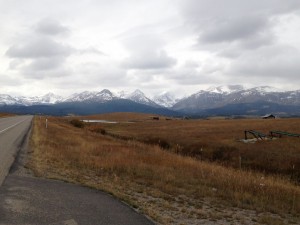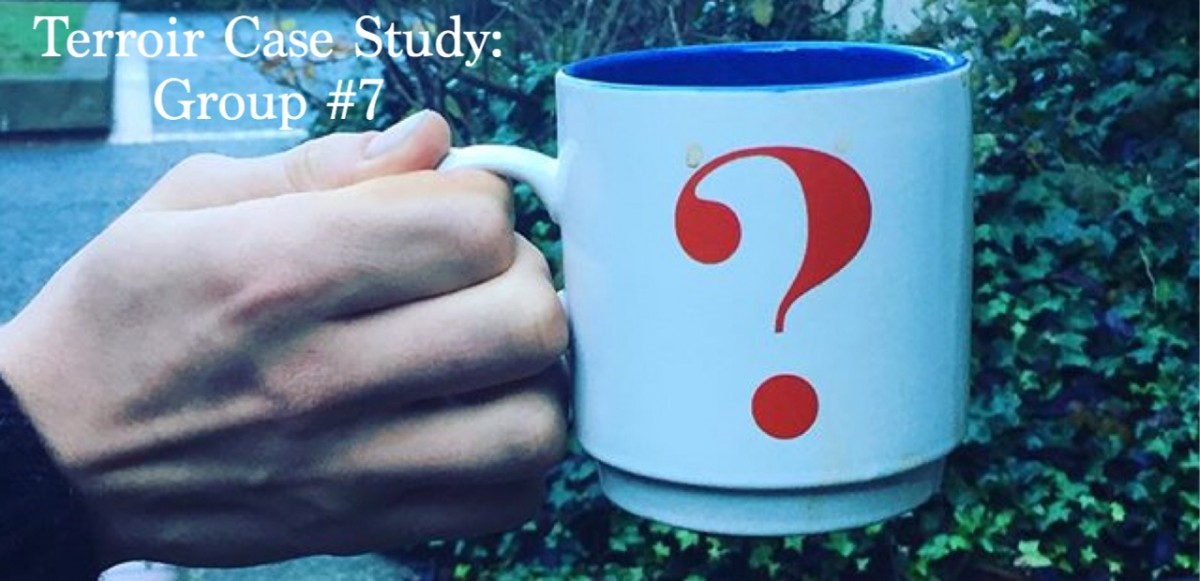Two years ago a close friend, Madelyn and I set out on a long journey around the states in a post graduate search for travel and experience. We had minimal plans and for months we were just wandering as we pleased, meeting new people, living cheaply, sleeping in the car, and frequenting gas stations as well as their coffee.
Something happened one day in the northeast corner of Montana. Madelyn and I looked at each other after we took our first sips of coffee we bought inside the tiny gas station where we just filled up– and I recall looking at each other for even longer, taking more sips without losing eye contact. Almost, in disbelief we both ignored this at first, understanding that there was no way this cup of coffee– probably a robusta, probably old, in a dirty machine, in a dirty gas station, prepared by someone who looked twice as dirty as all aforementioned things–cupped higher in my mind than fancy cups of coffee I’ve bought that have so much thought behind them, crafted with the mind of an expert who is clean and precise to a science with their creations.
I can’t remember a cup of coffee I have enjoyed the way I enjoyed this cup of coffee. I like that this doesn’t have to make any sense, I like that nobody can tell me any differently, and good thing because I can barely remember the way that it tasted anyways.
How much of my experience with food and the way I perceive it to taste, is actually the substance of the food at all?
We credit and understand that the same foods around the world are not produced in the same way everywhere. We can mostly agree that depending how something was produced, handled, processed and so on can affect the current or final product. By recognizing this same thing in humans, that each person is different and has a cumulative past that made them that way, we begin to see how many factors really go into tasting something. Maybe terroir is so difficult to grasp because it is something that’s changing, without form, an invitation, or a template for us to begin thinking about how we think about our food, and how intimate that sometimes is.
To repress something because you cannot fathom it doesn’t allow the culmination of self, in taste. This personal history of our lives is created by moments of honesty within ourselves. To me, that was the most beautiful cup of coffee I have ever tasted– and why? Because I allowed it to be– even if everyone else, people who like similar coffees to me, might disagree. Taste and memory go hand in hand, everything we see, touch– experience in any way, it is due to, and specific to ourselves and without our consent, put through this filter.
As I recall this memory and try to bring myself back to this cup of coffee, and what exactly made it so special, I lose it more and more like it’s a dream, but the important part remains: that I tasted something that day that allowed me to recognize that there is a part of myself that knows more about me than my conscious self can make any sense of.
Throughout life I think we all experience these feelings of being in an intangible moment, assigning every sensory factor in that moment, to have the terroir of it. We find pleasure in association when it can enhance something, and associations can have just as much to do with memory as they do with place. Terroir is a truly complex notion of how something can embody something else, and how the exterior experience while tasting is unconsciously associated with a flavor, the two things becoming inseparable, locked in space, time, and memory.
.
